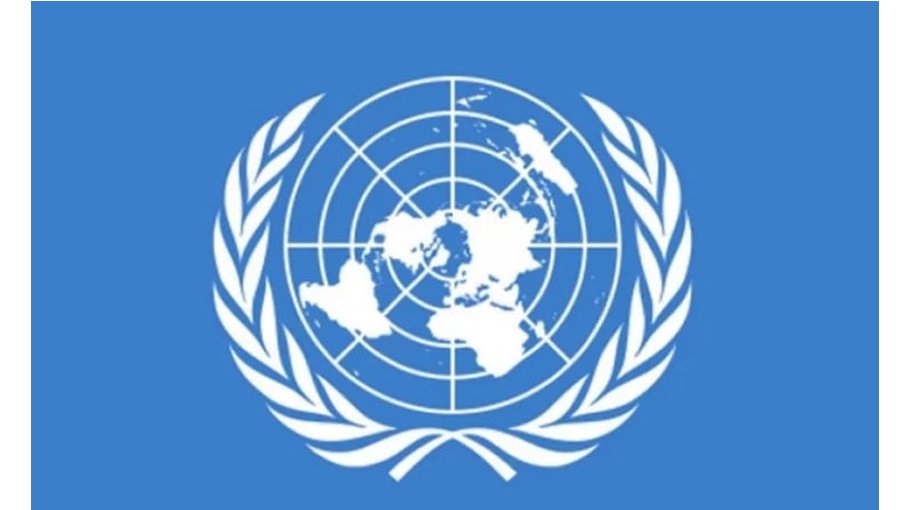UN adopts Bangladesh’s resolution on culture of peace

The United Nations General Assembly has adopted Bangladesh’s flagship resolution titled, 'Follow-up to the Declaration and Programme of Action on a Culture of Peace', with an overwhelming cross-regional support by UN Member States.
During Friday’s session, the Permanent Representative of Bangladesh introduced the resolution emphasising the critical importance of nurturing a culture of peace in everyday life, particularly in the context of increasing global challenges and lack of empathy amongst nations.
The resolution was co-sponsored by 96 Member States from across the region, said the Bangladesh Mission in a media release on Saturday.
Originally adopted in 1999 at the initiative of Bangladesh, the resolution promotes values such as respect for diversity, tolerance, solidarity and non-violence.
It provides a framework for countries to promote peace through education, dialogue and cooperation.
The "Follow-up to the Declaration and Programme of Action on a Culture of Peace" refers to ongoing efforts by the United Nations and its member states to implement and promote a culture of peace, building on the principles outlined in the 1999 Declaration and Programme of Action. This involves initiatives focused on education, dialogue, conflict prevention, and the involvement of civil society and youth in fostering a more peaceful world.
Key Aspects of the Follow-up:
Promoting Dialogue and Understanding:
The follow-up emphasizes initiatives that encourage dialogue and understanding between different cultures, religions, and groups to prevent conflict and build peaceful societies.
Education for Peace:
Education plays a crucial role in fostering a culture of peace. This includes promoting human rights education, peace education, and education for global citizenship, which aims to instill values of tolerance, mutual respect, and understanding in young people.
Involving Civil Society and Youth:
The follow-up recognizes the importance of civil society organizations, non-governmental organizations, and young people in promoting a culture of peace. They are encouraged to develop their own programs and initiatives to complement those of governments and international organizations.
Addressing Root Causes of Conflict:
The follow-up also focuses on addressing the root causes of conflict, such as poverty, inequality, and injustice, to prevent violence and promote sustainable peace.
Observance of International Days:
The United Nations encourages the observance of International Days like the International Day of Peace (September 21st) and the International Day of Non-Violence (October 2nd) as days of global ceasefire and non-violence.
Strengthening the UN Peacebuilding Architecture:
The UN peacebuilding architecture is also involved in promoting a culture of peace, particularly in post-conflict situations, by supporting peacebuilding and sustaining peace activities.



